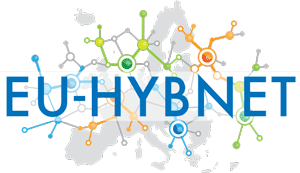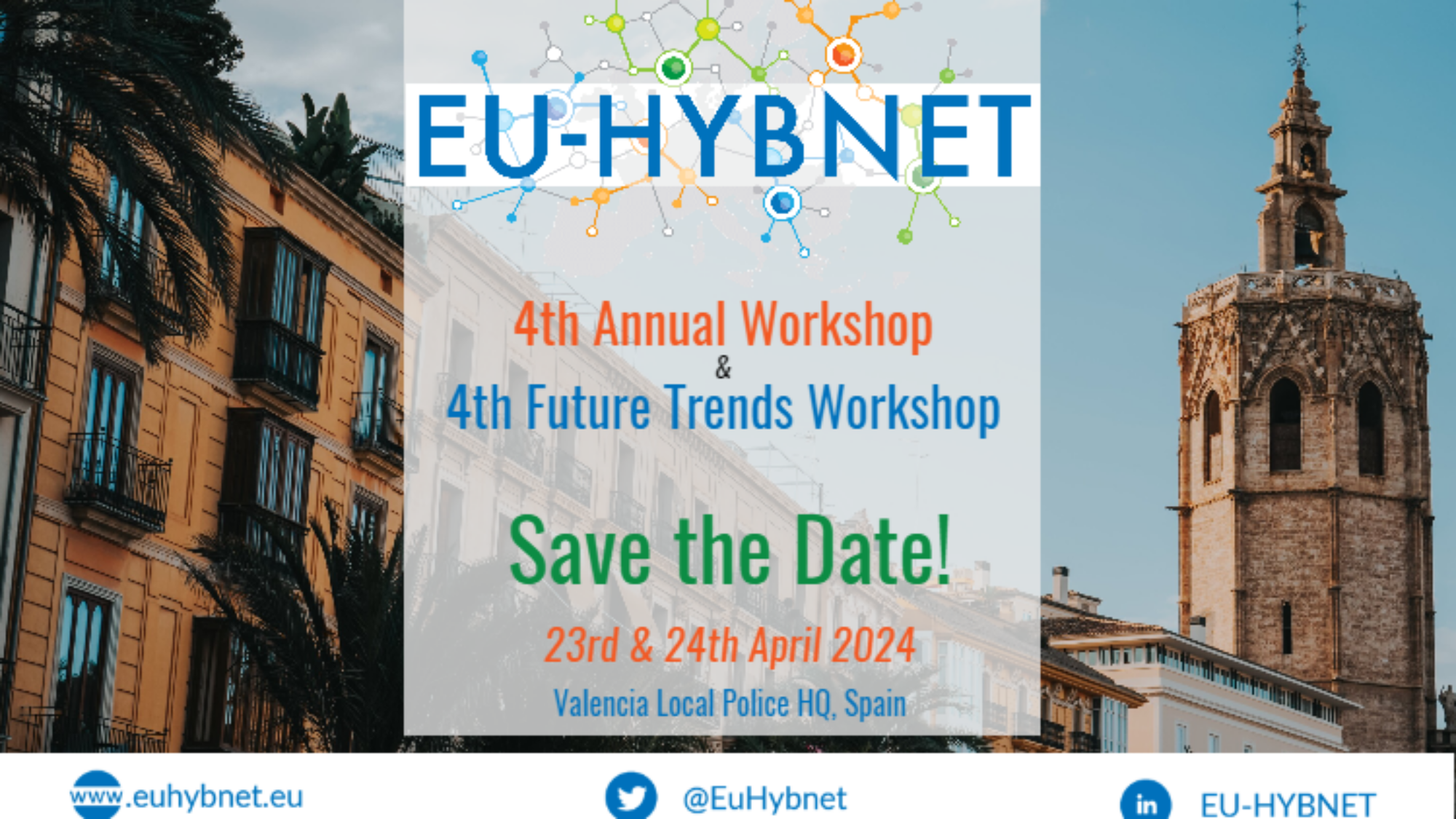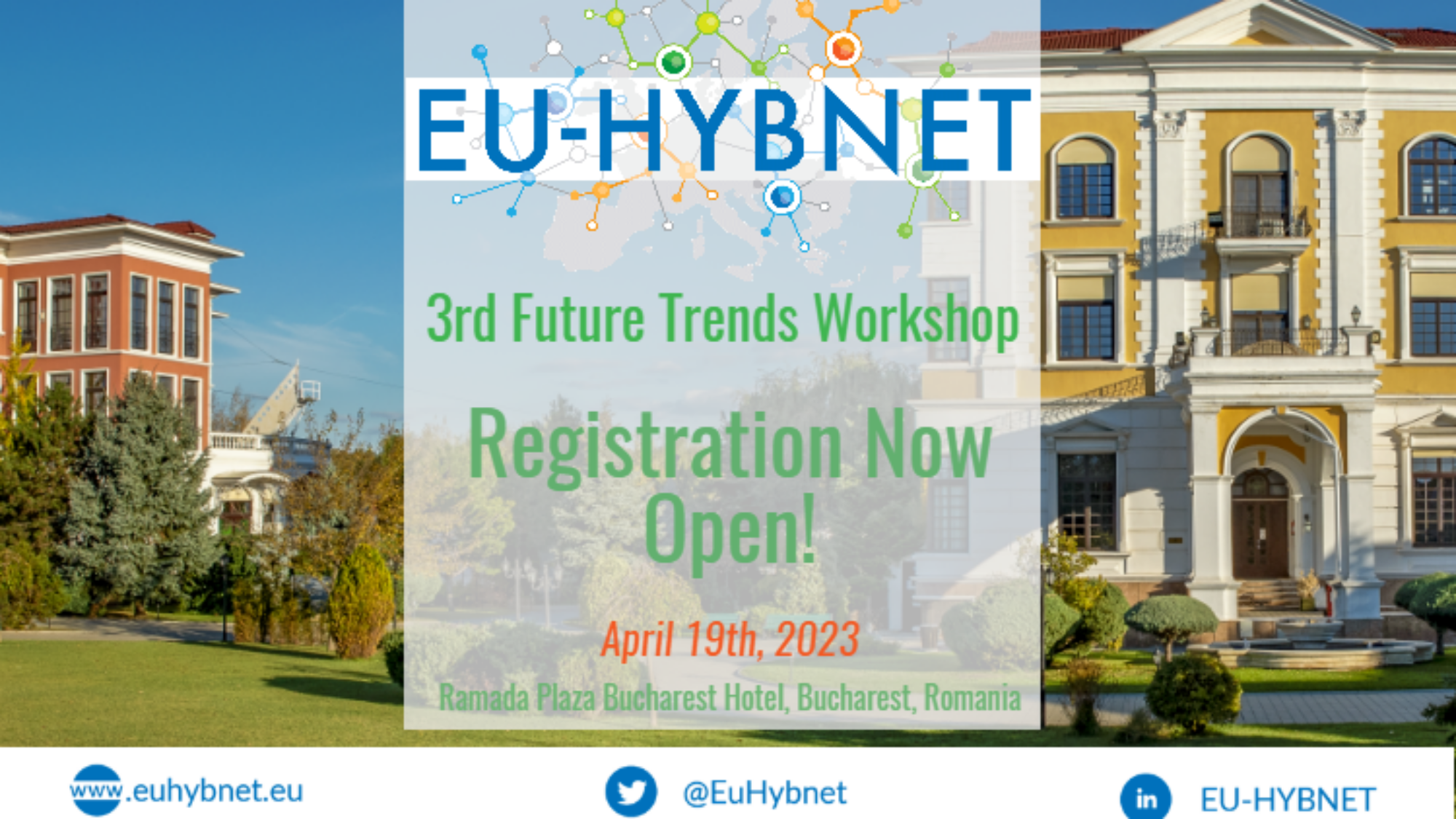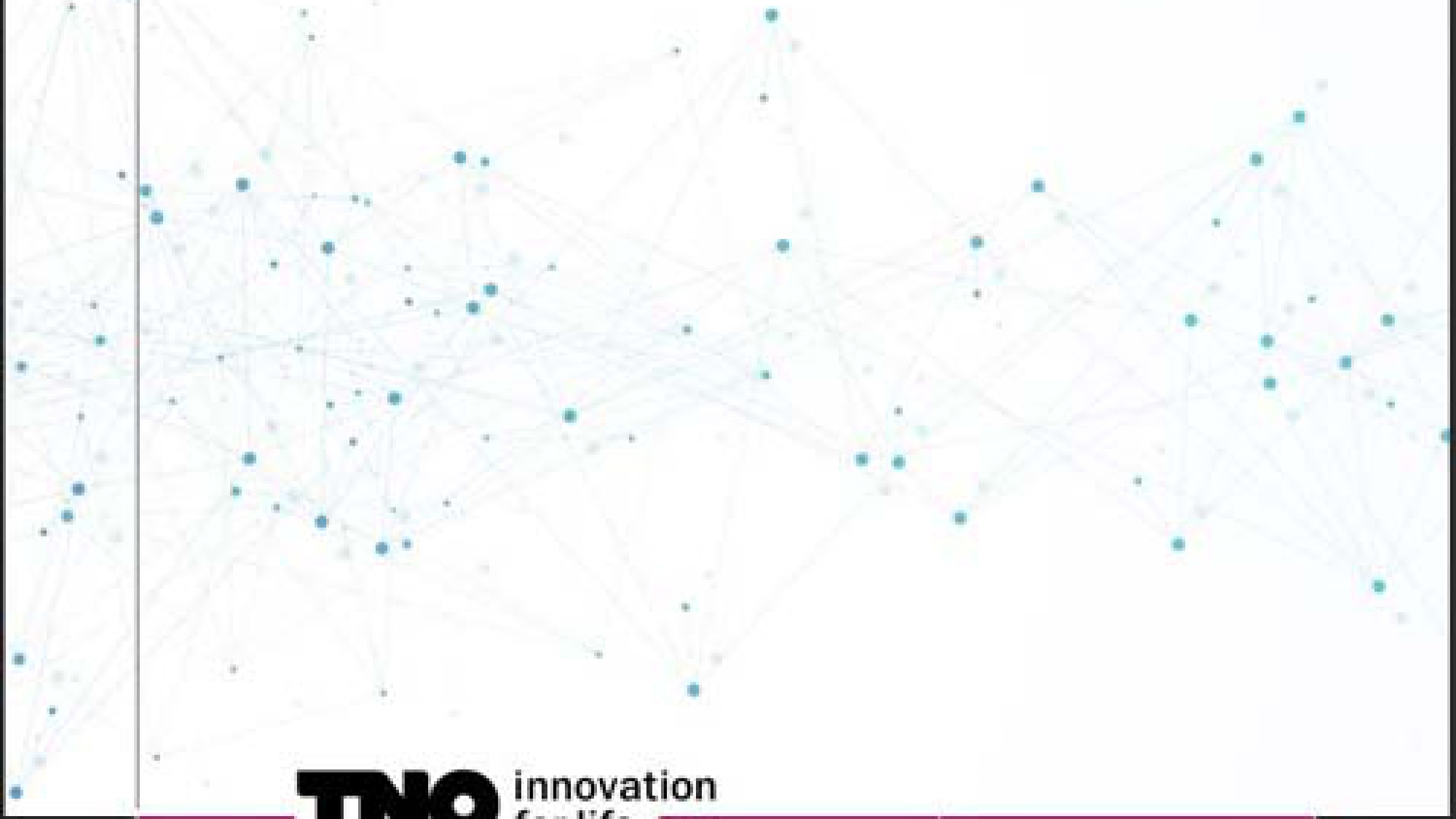We are pleased to announce that the EU-HYBNET consortium will hold its fifth and final Future Trends Workshop, #FTW2025, on 13 Febuary 2025 at the Maison des Associations Internationales in Brussels, Belgium. Please save the date in your calendars!
Hybrid threats are rising in volume and aggressiveness. The cooperation between state and non-state adversaries is progressing. Innovative attacks are deployed daily against the continent democratic order and its interests in the world, inviting to a crucial light on the capacities of the European Union to defend itself. More autonomous than it has ever been, the EU faces a future that is full of sever challenges, requiring whole-of-society mobilization and increased solidarity between its Member States. For this final EU-HYBNET project, high-level personalities will open the first session. The JRC Foresight team will present the European Strategy and Policy Analysis System’s (ESPAS) horizon scanning process. Also the Risks on the Horizon foresight report and the polycrisis exploration workshop toolkit will be presented. In the second session, the accent will be put on Core themes view of future trends, in a general session format in order to enrich all participants will incidental fields. The fourth Core
theme will wrap the three topical analyses up, in the perspective of the transfer of the project’s to the Hybrid Centre of Excellence.
As with previous editions of the Future Trends Workshop, this workshop will build on the project findings and provide a platform of interaction for various stakeholders to discuss scenarios related to future manifestations of hybrid threats, looking into solutions and innovations not only for today but also for tomorrow. The purpose of the workshop is to support stakeholders’ everyday work by providing a future outlook for strategic planning and consider the consequences of today’s policy choices in long-term.
More information will be shared in due course. The draft agenda can be found here and will be updated regularly. The workshop will be open to project partners and external participants upon registration.
In-person registration is now closed. If you would like to register to follow online, please do so below.







